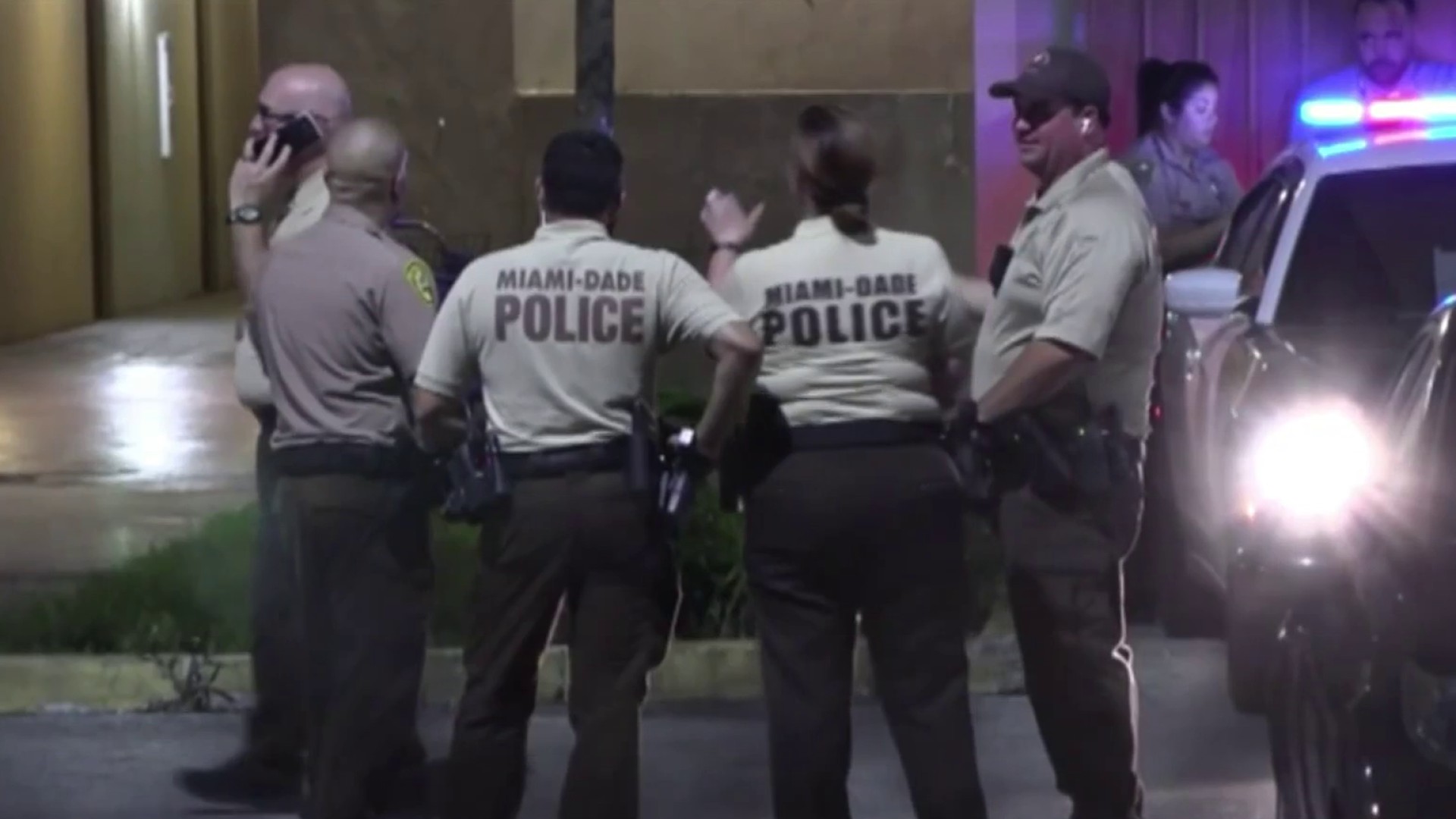With inmates using contraband cell phones to do everything from ordering murders to running drug operations from behind bars the Federal Communications Commission is encouraging prisons in South Florida and across the state to use technology to jam their calls.
Inmates at local, county, state and federal prisons are all figuring out some way to get cell phones just like the one you use all the time not only inside but get them up and running.
Images released by authorities showed cell phones found on inmates at one South Florida prison included some phones hidden in music equipment, while some are even flown over the prison razor wire by drones.
Inmates with phones are a major fear of law enforcement. The recent escape of Broward County inmate Dayonte Resiles may have been aided with a cell phone, according to authorities.
"I see cell phones in here basically almost everyday," federal correctional officer Sam Catchings told NBC 6. "They also have it to the point where they try to escape."
Catchings heads the worker's union at the federal prison in Southwest Miami-Dade. He said one of the inmates was charged in the murder of a correctional officer in Puerto Rico who was gunned down in his vehicle. Prosecutors say the order to kill Lt. Osvaldo Albarti came from inside prison walls from a cell phone.
"The public is actually going to be in harms way," Catchings said. "Our prison is actually in an area where we are surrounded by nothing but apartments, houses, so forth and so on."
Local
The Federal Communications Commission recently concluded that "inmates have used contraband devices to order hits, run drug operations, engage in criminal activity that endangers...innocent members of the public."
To stem the tide the FCC is now actively encouraging those running South Florida prisons and those across the state to implement technology that would jam the inmates' phone calls.
"When the FCC gets into the larger picture it certainly can bring a robust system of jamming," said computer scientist Dr. Sitharama Iyengar, with Florida International University. "Now if the inmate is a very smart person and he's able to circumvent that, then there is also the location where it is coming from can also be used."
The FCC says workers at the jails and 911 calls will still get through. The jamming is aimed at stopping dangerous men like Errol Latson, a man who is charged with murder and in a disciplinary cell, who a few days ago was found somehow with a cell phone.
Officer Catchings is all for the jamming to start quickly. The jails and prisons in South Florida would first have to get the money to pay for these systems.
"That would be a great idea because for one it prevents the access of a cell phone from being used inside of a federal prison or any other prison, keeping the public safe from all the things that might happen," Catchings said.



